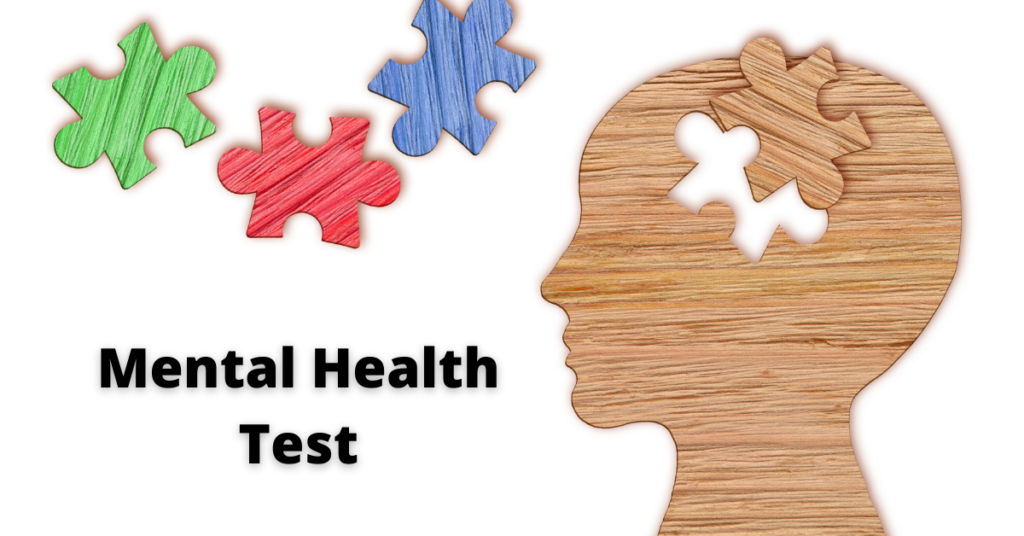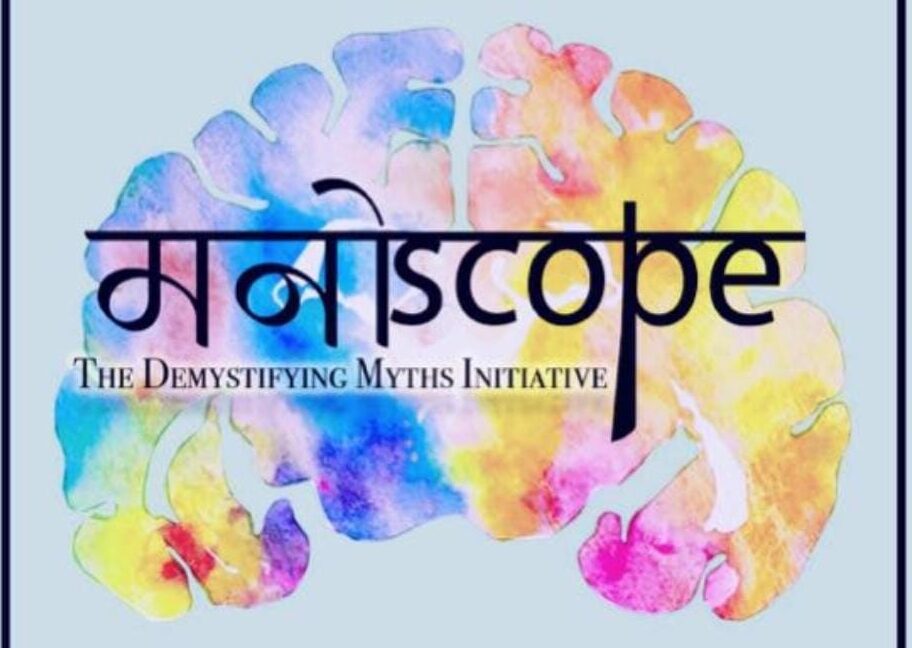Mental health tests are tools used to assess a person’s emotional, social, and cognitive well-being. These tests are designed to help mental health professionals diagnose mental health conditions and determine the appropriate course of treatment. There are many different types of mental health tests, each with its own strengths and limitations.

One of the most commonly used mental health tests is the Diagnostic and Statistical Manual of Mental Disorders (DSM). The DSM is a diagnostic tool used by mental health professionals to diagnose mental health conditions. It contains a list of criteria that must be met for a particular condition to be diagnosed. For example, to be diagnosed with major depressive disorder, a person must experience symptoms such as sadness, loss of interest in activities, and changes in appetite or sleep for at least two weeks.
Another commonly used mental health test is the Beck Depression Inventory (BDI). The BDI is a self-report questionnaire used to assess the severity of depression symptoms. It contains 21 questions, each with four possible responses. The responses are scored on a scale from 0 to 3, with higher scores indicating more severe depression symptoms.
The Hamilton Rating Scale for Anxiety (HRSA) is another widely used mental health test. The HRSA is a clinician-administered questionnaire used to assess the severity of anxiety symptoms. It contains 14 questions, each with multiple possible responses. The responses are scored on a scale from 0 to 4, with higher scores indicating more severe anxiety symptoms.
Other mental health tests include the Minnesota Multiphasic Personality Inventory (MMPI), the Rorschach inkblot test, and the Thematic Apperception Test (TAT). These tests are designed to assess a person’s personality traits, emotional states, and cognitive processes.
While mental health tests can be valuable tools in diagnosing mental health conditions, they are not without limitations. For example, some tests rely on self-report, which can be affected by a person’s mood or motivation at the time of testing. Other tests may be culturally biased, which can result in inaccurate diagnoses for individuals from different cultural backgrounds.

In addition to these limitations, it is essential to remember that mental health tests are just one part of the diagnostic process. Mental health professionals also rely on clinical interviews, observation, and medical history to make a diagnosis. Treatment decisions should be based on a comprehensive assessment of the individual’s needs and preferences, and not solely on the results of a mental health test.

In conclusion, mental health tests are valuable tools in assessing a person’s emotional, social, and cognitive well-being. They can help mental health professionals diagnose mental health conditions and determine the appropriate course of treatment. However, it is essential to remember that mental health tests have limitations and should be used in conjunction with other assessment tools. If you are concerned about your mental health, it is essential to seek the advice of a qualified mental health professional.
